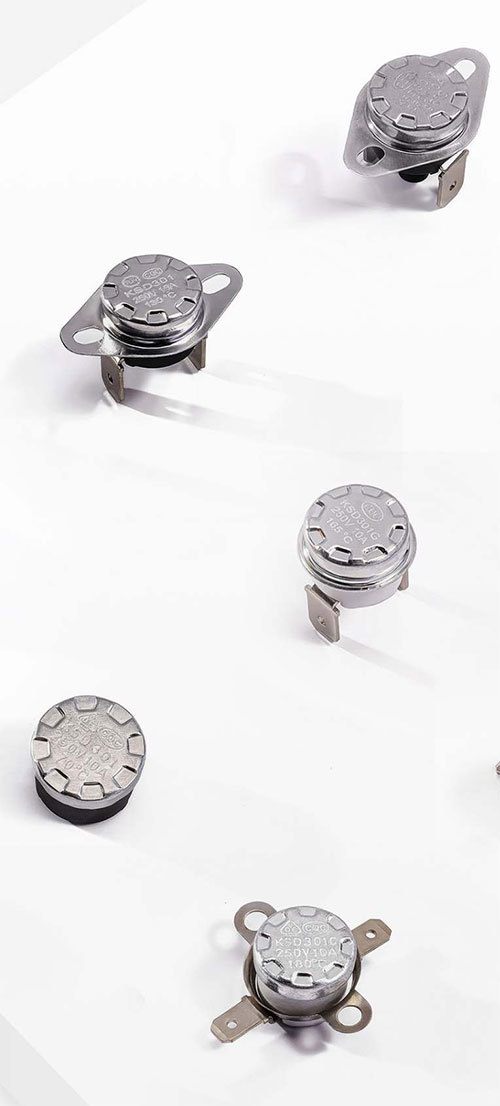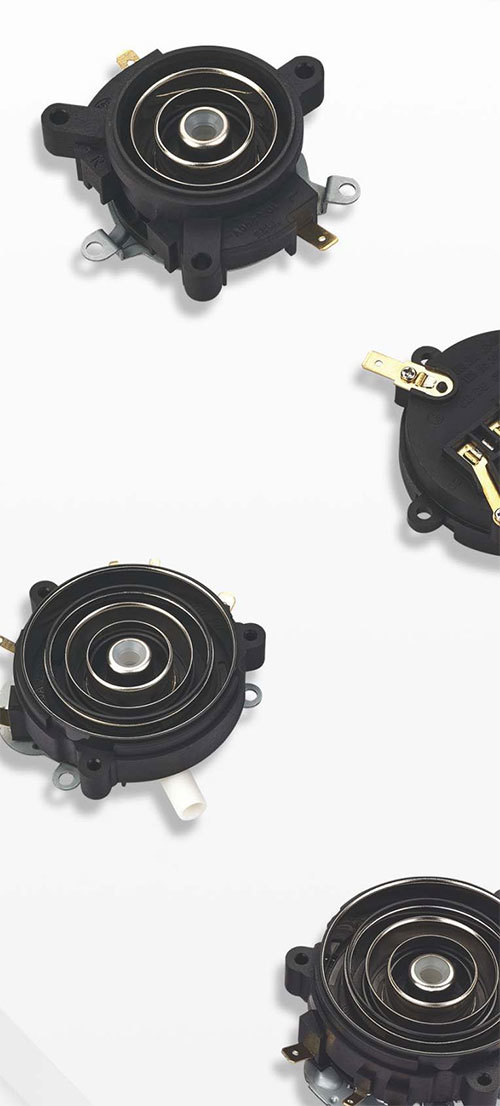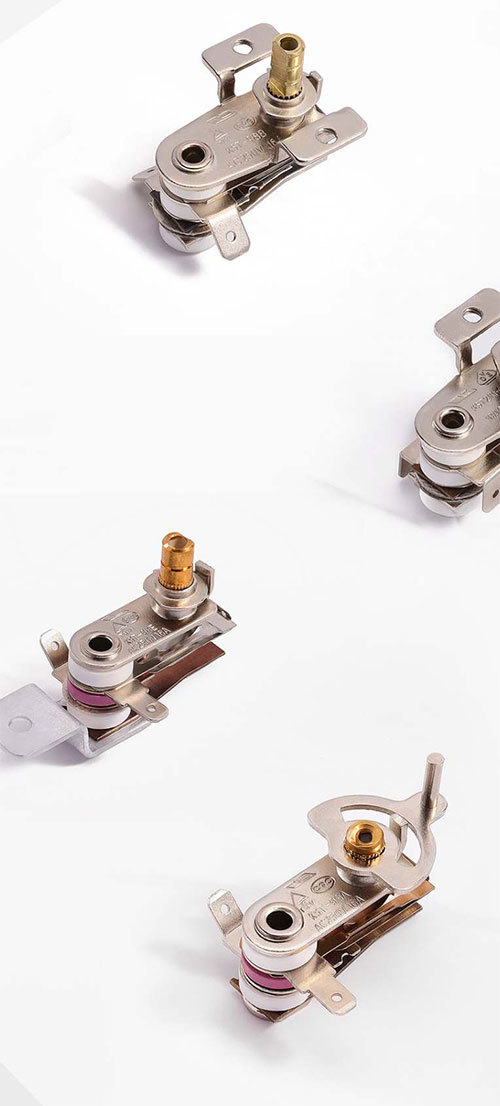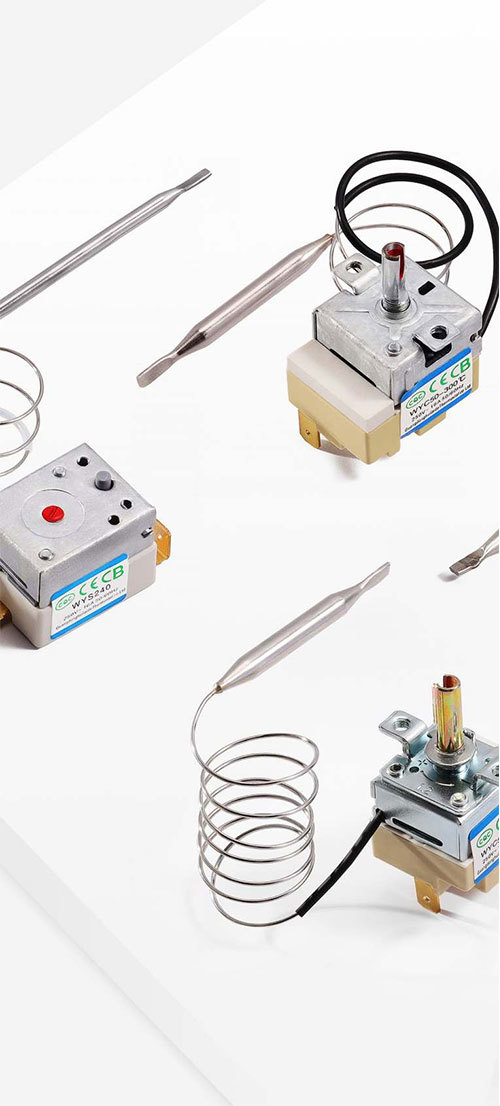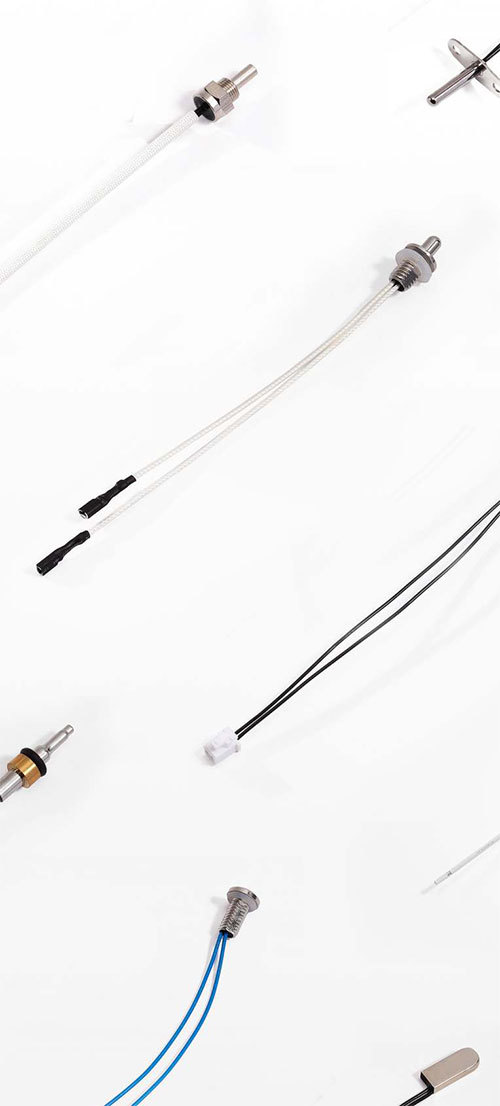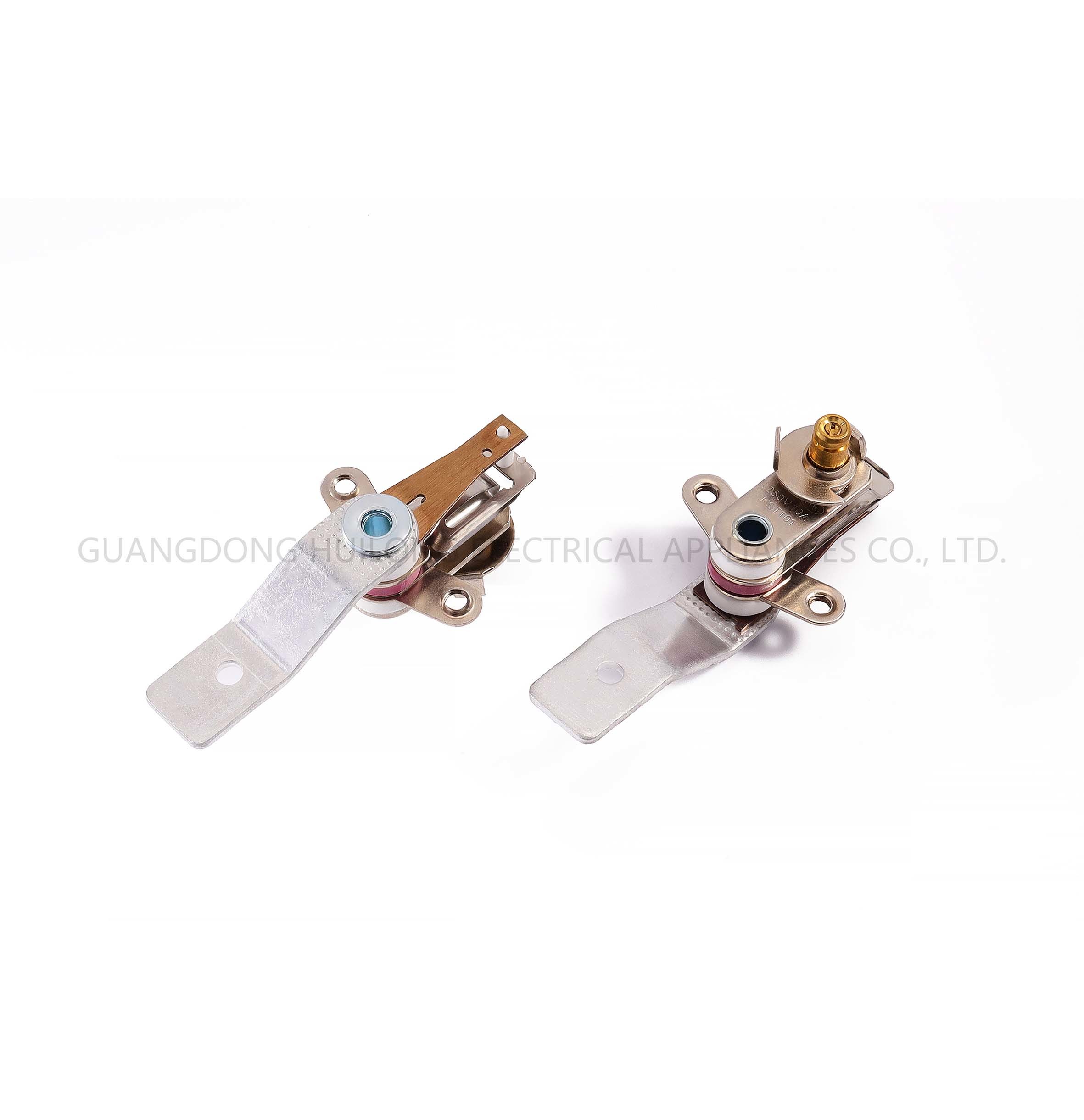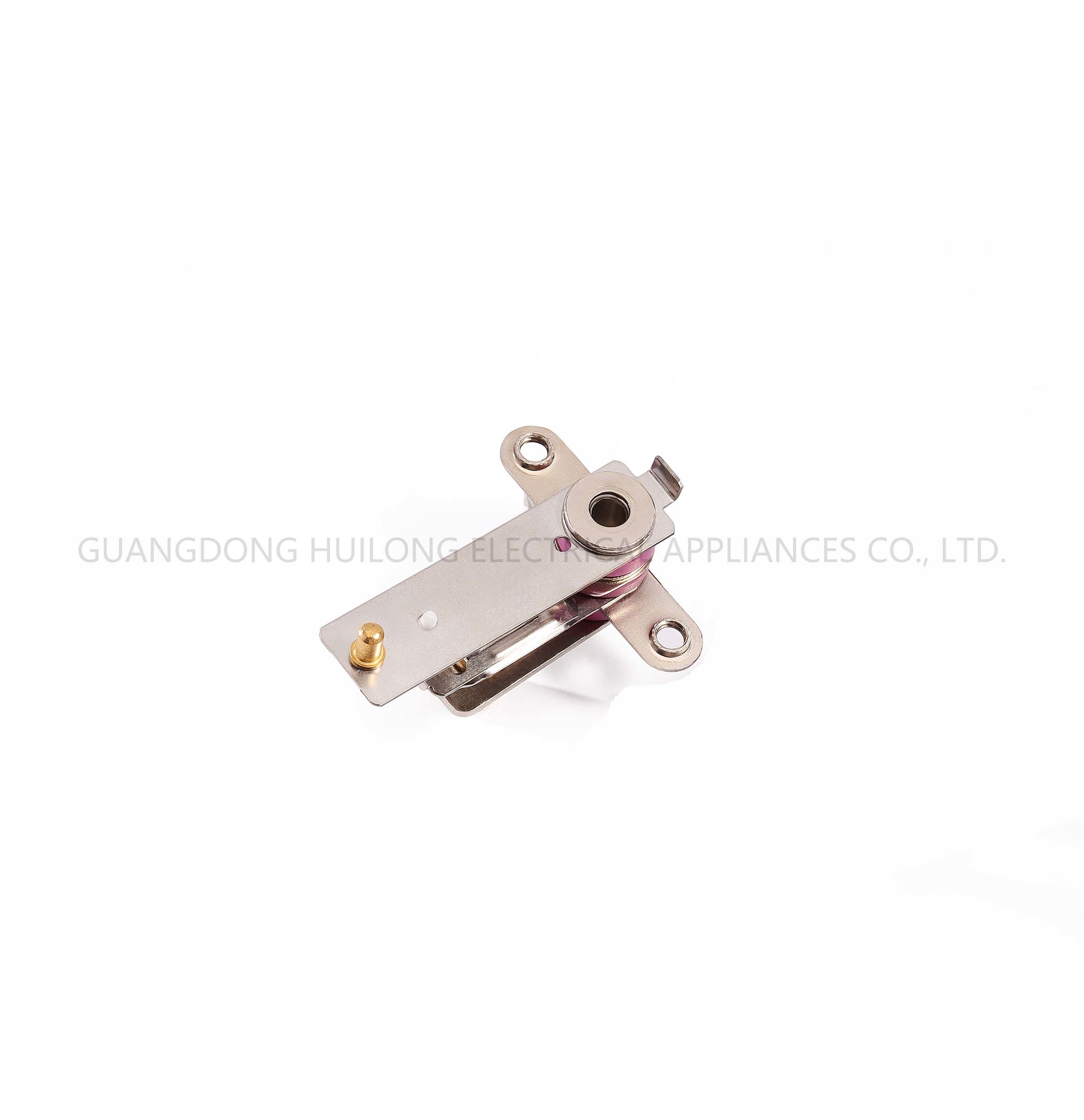Mastering Temperature Control: The Benefits of Adjustable Thermostat Control in Chemical Lab Equipment
Classification: knowledge
Time:2025-04-26
One of the primary benefits of adjustable thermostat control is enhanced precision in temperature regulation. Traditional thermostats may operate on fixed settings, which can lead to temperature fluctuations that adversely affect experimental outcomes. By utilizing adjustable thermostats, laboratory personnel can fine-tune temperature settings to meet specific requirements, thus minimizing the risk of variability. This is particularly crucial in chemical reactions where even minor deviations in temperature can alter the reaction kinetics and yield.
Moreover, adjustable thermostat control plays a key role in improving energy efficiency. In laboratory environments, equipment often runs for extended periods, leading to substantial energy consumption. Adjustable thermostats enable users to optimize their heating and cooling operations by allowing them to set specific temperature ranges based on the experimental needs. For instance, if a specific chemical reaction requires a temperature range from 20°C to 25°C, the thermostat can be adjusted to maintain this range precisely, avoiding unnecessary energy expenditure associated with overcooling or overheating.
Safety is another critical consideration in chemical laboratories. Temperatures that are too high or too low can risk not only the integrity of experiments but also the safety of personnel. Adjustable thermostat control systems can be integrated with safety features such as alarms and automatic shut-off mechanisms. These features can alert laboratory staff to temperature anomalies, ensuring that any deviations from the set parameters are addressed immediately, thus preventing accidents and damage to sensitive samples or equipment.
In addition to these advantages, the adaptability of adjustable thermostats means they can be utilized across various applications within a laboratory setting. Whether it’s for incubating biological samples, conducting chemical reactions, or storing temperature-sensitive compounds, adjustable thermostat control provides the versatility needed to cater to diverse experimental requirements.
Finally, the modern trend towards automation in laboratories is complemented by adjustable thermostat control systems. Many of these systems can be integrated with laboratory management software to allow for remote monitoring and adjustments. This not only streamlines operations but also provides data logging capabilities, facilitating better tracking of temperature fluctuations over time, which can be invaluable for compliance with regulatory standards.
In conclusion, the integration of adjustable thermostat control in chemical laboratories offers multiple advantages, including enhanced precision, energy efficiency, safety, adaptability, and compatibility with modern automation systems. As laboratories strive for increased efficiency and accuracy, investing in adjustable thermostat technology is a step towards achieving these critical goals.
Keyword: Mastering Temperature Control: The Benefits of Adjustable Thermostat Control in Chemical Lab Equipment
RELATED INFORMATION
In the world of laboratory equipment, maintaining precise temperature control is crucial for the success of many experiments and processes. One of the key components that facilitate this control is the adjustable thermostat. In the context of laboratory heaters, an adjustable thermostat is a device that allows users to set and regulate the temperature of heating elements, ensuring that materials a
2025/05/06
Elevate Your Lab Experience: The Impact of Adjustable Thermostats on Heaters
Elevate Your Lab Experience: The Impact of Adjustable Thermostats on Heaters Table of Contents 1. Introduction to Adjustable Thermostats in Laboratories 2. The Importance of Temperature Control in Laboratory Settings 3. How Adjustable Thermostats Work with Heaters 4. Benefits of Using Adjustable Thermostats in Your Lab 5. Practical Applications of Adjustable Thermostats 6.
2025/05/01


